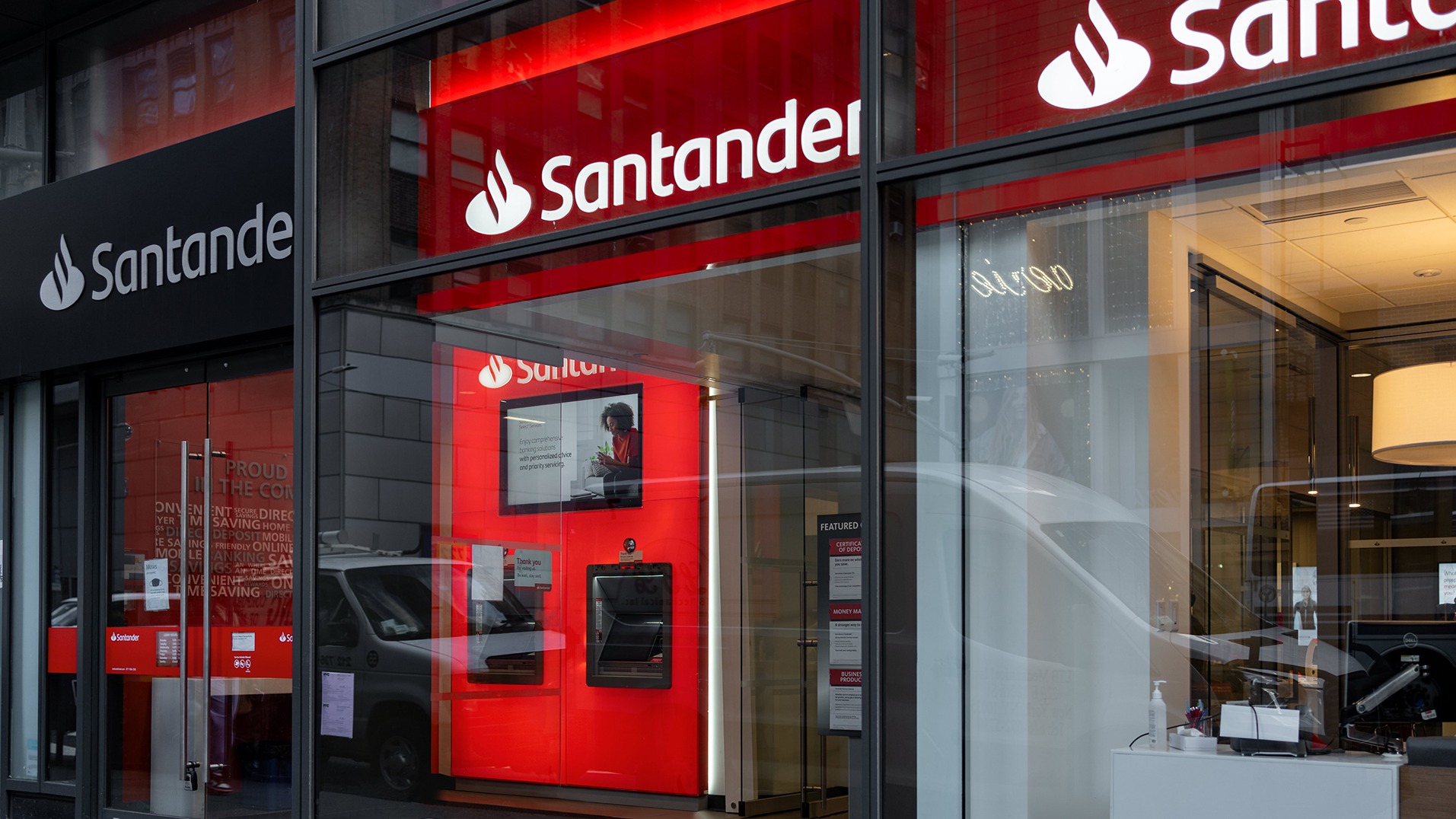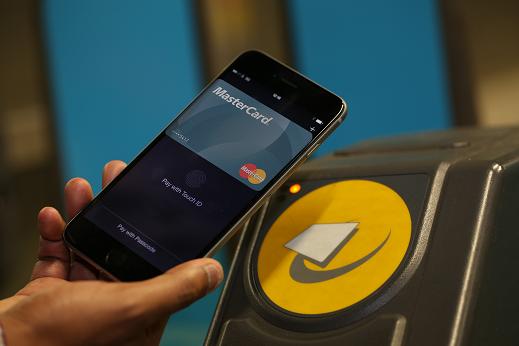Santander says it has introduced an additional layer of protection for customers transferring money via mobile or online banking to purchase items on Facebook Marketplace.
The bank said that its customers will now be shown a tailored scam warning outlining the risks of buying goods on the platform.
Customers trying to make a bank transfer will also be asked if they have seen the item in person.
Any customers answering ‘no’ will not have their bank transfer authorised, instead they will be advised to make further checks on the item, including seeing it in person and using a more secure payment method.
The move comes after the bank revealed its customers have lost nearly £6.5 million to Facebook Marketplace scams in 2023 so far, an increase of almost 50 per cent over the past year.
The bank's Authorise Push Payments (APP) report also found that over seven in 10 purchase scams originate on social media.
Santander rolls out the new measures in advance of a new mandatory reimbursement scheme for APP fraud which was announced by the Payment Systems Regulator earlier this year.
The new rules, launching officially on 7 October 2024, will require banks and payments firms “in most cases” to reimburse in-scope customers who fall victim to this type of fraud, while those sending and receiving payments will split the cost 50:50.
“Customers are losing more than ever to the criminals who carry out these scams on Facebook Marketplace and as Christmas approaches we can expect this to increase further," said Chris Ainsley, head of fraud risk management at Santander. "Building on existing measures in place to protect customers, this latest move will prompt our customers to think twice before handing over money to any potential fraudsters."
Ainsley continued: “Everybody should be vigilant when shopping through any online marketplace and the best thing people can do to protect themselves is to not buy any item they haven’t seen in person, or to use a trusted payment method or a debit or credit card.”
Latest News
-
Gemini to cut quarter of workforce and exit UK, EU and Australia as crypto slump forces retrenchment
-
Bank ABC’s mobile-only ila bank migrates to core banking platform
-
Visa launches platform to accelerate small business growth in US
-
NatWest to expand Accelerator programme to 50,000 members in 2026
-
BBVA joins European stablecoin coalition
-
eToro partners with Amundi to launch equity portfolio with exposure to ‘megatrends’
Creating value together: Strategic partnerships in the age of GCCs
As Global Capability Centres reshape the financial services landscape, one question stands out: how do leading banks balance in-house innovation with strategic partnerships to drive real transformation?
Data trust in the AI era: Building customer confidence through responsible banking
In the second episode of FStech’s three-part video podcast series sponsored by HCLTech, Sudip Lahiri, Executive Vice President & Head of Financial Services for Europe & UKI at HCLTech examines the critical relationship between data trust, transparency, and responsible AI implementation in financial services.
Banking's GenAI evolution: Beyond the hype, building the future
In the first episode of a three-part video podcast series sponsored by HCLTech, Sudip Lahiri, Executive Vice President & Head of Financial Services for Europe & UKI at HCLTech explores how financial institutions can navigate the transformative potential of Generative AI while building lasting foundations for innovation.
Beyond compliance: Building unshakeable operational resilience in financial services
In today's rapidly evolving financial landscape, operational resilience has become a critical focus for institutions worldwide. As regulatory requirements grow more complex and cyber threats, particularly ransomware, become increasingly sophisticated, financial services providers must adapt and strengthen their defences. The intersection of compliance, technology, and security presents both challenges and opportunities.
© 2019 Perspective Publishing Privacy & Cookies













Recent Stories